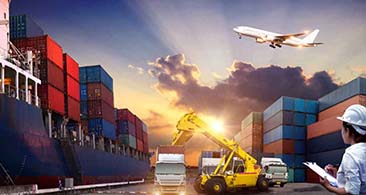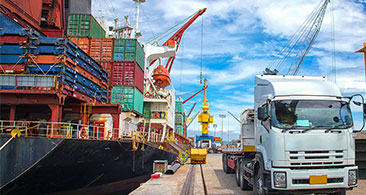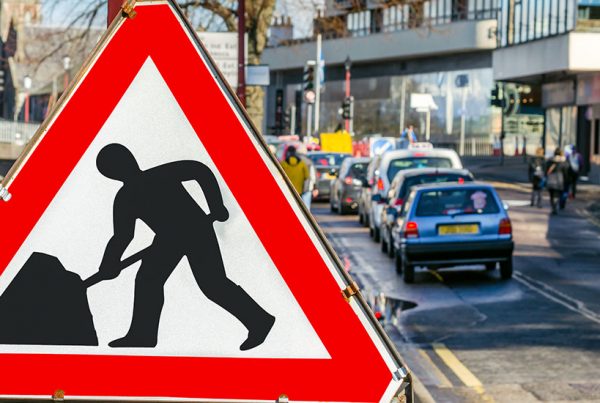As part of Southampton City Council’s consultation process, they have suggested that one of their options is to charge HGV vehicles with Euro V engines or previous, for the privilege of entering the city.
They have taken this decision based on the Government requirement to reduce the air pollution around the city, which they are being encouraged to do as quickly as possible. However, based on the meeting held in August 2018, this may not be the best approach for the Council to take.
The event was hosted by DP Ports World Southampton who, along with Associated British Ports (ABP), are opposed to the proposal. They believe the natural course of events will have removed EURO V and prior vehicles by 2020.
According to a report published in June 2018 by Southampton Council, they “are required to assess the need for a Clean Air Zone to bring about compliance with EU Ambient Air Quality Directive levels of nitrogen dioxide (NO2) within the shortest possible time and by the end of 2019 at the latest”, a full year sooner than what DP Ports World and ABP discussed.
Throughout the meeting, DP Ports World and ABP expressed that charging will have a detrimental effect on their business in favour of Felixstowe and London Gateway, who currently have no plans to levy any charges. If the charges are implemented, then this may mean that Southampton will no longer be a key destination for freight commerce on the South Coast, which is a real concern.
The council’s own figures show the Western approach to the city is the most heavily polluted with NO2 and the crossroads of Regents Park Road and the A33 is the worst. As it currently stands, 56% of the NO2 emissions can be attributed to diesel cars, 25% to Light Goods Vehicle’s (LGVs) and only 11% to Heavy Goods Vehicles (HGVs).
Furthermore, it has been found that most HGV’s entering Southampton have already turned off before that point to enter the docks at Millbrook roundabout.
As it currently stands, there doesn’t appear to be any plans to deal with diesel cars entering the city, which seems unfairly weighted against operators of HGV’s especially since DPWS own figures suggest that 12-months after the councils’ deadline, Southampton will be omissions compliant.
At the same time as this, schemes to help clean up buses and taxis environmentally are already in place, whilst schemes to help HGVs make their fleets compliant are limited in comparison.
Southampton Council still has not confirmed a final decision, but it will be interesting to see whether this has a detrimental impact on the number of companies using Southampton as their main port within the UK.
During the meeting, a representative from the RHA asked whether once compliance levels were met, would charging cease, but the Council would not confirm or deny either way.
On a final note, there is currently a serious issue with a shortage of container traction on a national scale, and locally a significant container haulier recently went into administration and ceased to trade, adding pressure to existing resources even before the charges begin.
If you require any further information on the meeting, or if you wish to speak to a member of our team for comment, then do get in touch with us on 02380 623789 or use our contact form here.





